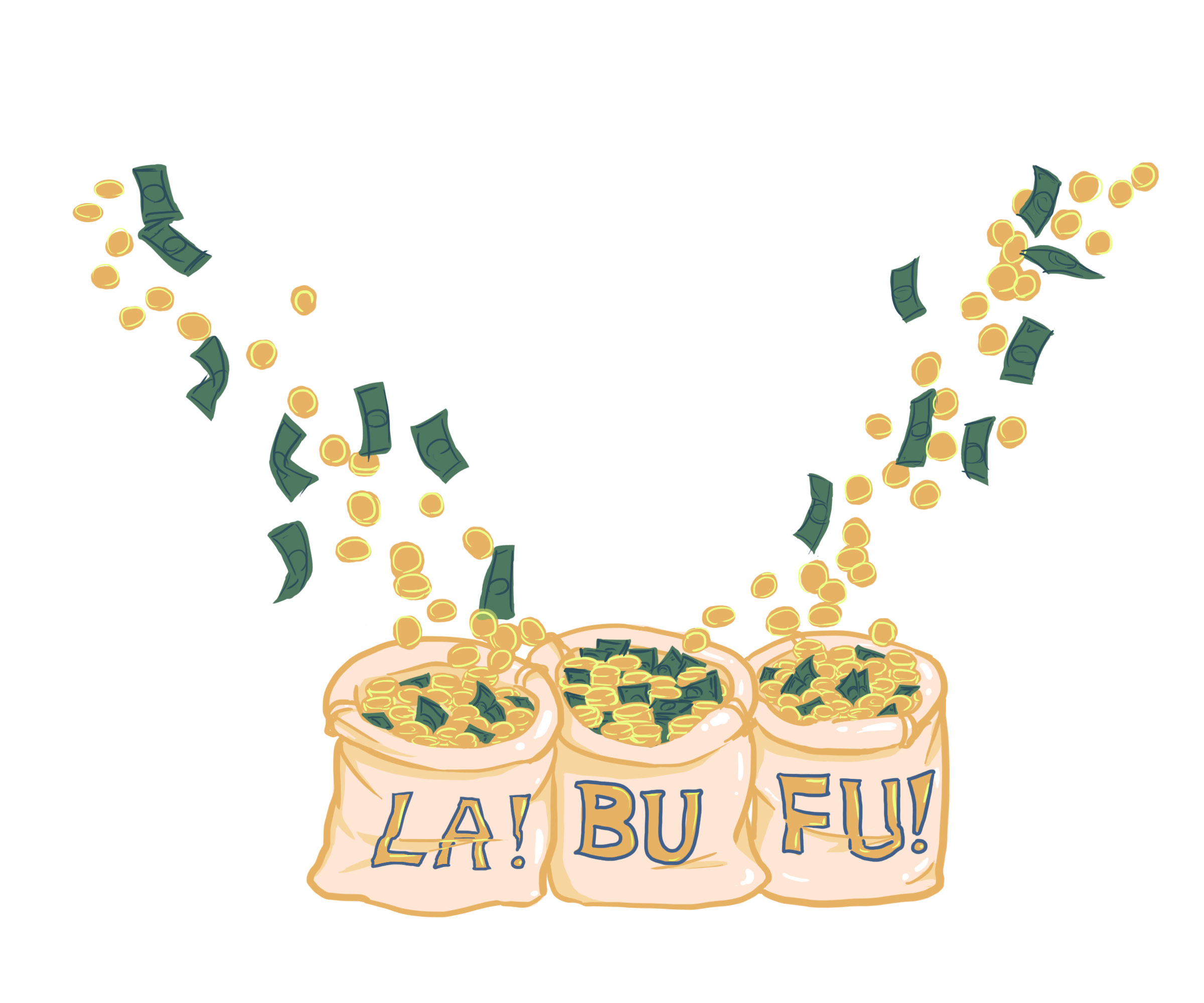USAC must change election code to protect democracy

Victoria Chang/Daily Bruin
By Aram Ghoogasian
Jan. 5, 2015 4:42 a.m.
Student elections are often won by the most visible candidates.
The hefty financial backing necessary to create this visibility in turn creates a bottleneck effect that shrinks the pool of potential student leaders to those who are well-connected enough to run.
Last month, The Bruin published an article revealing just how important donors have been to student government campaigns, focusing on the relationship between Bruins United, a student government slate, and controversial Pro-Israel donor Adam Milstein. The article also drew attention to the clandestine nature of the fundraising process of other slates, who would not divulge their funding sources to the Daily Bruin.
The article brought campaign spending to the forefront of student government-related conversations at UCLA by exposing the way that donations have actively undermined the democracy of student government campaigns.
Student leaders need to reduce the role finances play in elections immediately to make elections less exclusive to those with money in their pockets or with connections to wealthy donors.
One way to ensure that qualifications trump financial connections can come in the form of a change to the election code. The Undergraduate Students Association Council needs to adopt an amendment to the election code to demand full disclosure of campaign finances for elections.
But aside from just disclosing campaign finances, USAC needs to ensure money doesn’t decide its elections by implementing a low, immovable spending cap.
What should be a democracy can devolve into a system in which the opinions of the few, in this case those with access to donations, dictate the way USAC runs.
Adam Milstein’s donations to Bruins United prove that this is a grave reality, not a conspiracy or a personal attack on certain councilmembers or slates.
Many people have focused on the lack of transparency in the donation process, but a spending cap could have an even greater impact: It could make elections more democratic and also inherently requires that candidates report how much money they’re getting. Access to resources should, ideally, have little or nothing to do with an individual’s chances of winning an election, as other UC campuses have figured out.
Four out of nine University of California schools have spending limits for student government campaigns. UC Merced, for example, limits campaign expenditures to $300 while also requiring full disclosure of funding sources and contributions. While UC Merced is significantly smaller than UCLA, a similar limit for each candidate can reduce the chances of poorly funded candidates from being shut out.
Large funds for campaign materials such as fliers and posters allow for those with more money to be more visible on campus, increasing their chances of success. Without a rule to address this inequality, the election code allows thinly veiled discrimination against candidates with less access to resources, namely monetary resources, to continue.
The 2013 USAC election is a recent example of how unlimited spending leads to large financial gaps between candidates.
Three slates, Bruins United, LET’S ACT! and Bruin Alliance,spent a total of $18,347.03 during the 2013 election. Bruins United and LET’S ACT! accounted for a little over 93 percent of this sum.
The uncovering of Bruins United’s hidden funding sources and the reluctance of LET’S ACT! and FIRED UP!, the third slate in the 2014 election, to disclose their own illustrates the campaigning issue. All three have significant access to funds, funds that are difficult for others to obtain. When there is no limit or disclosure, the role of money in elections intensifies, increasing the funding gap between large slates and everyone else.
As seen with Bruin Alliance in 2013, a slate created that same year, small slates usually have a harder time obtaining funding. Independent candidates face the same problem.
Teaming up with a slate usually means increased funding and increased chances of victory, but it can also come with changes in the candidate’s platforms and political stances to conform to what the slate and its donors want to see at UCLA. USAC must propose a change to the election code and become the fifth UC school to take a progressive step toward truly fair elections and more democratic governance.

